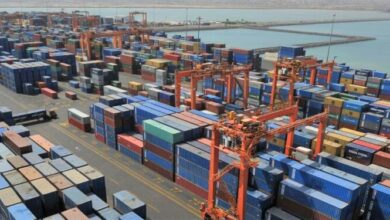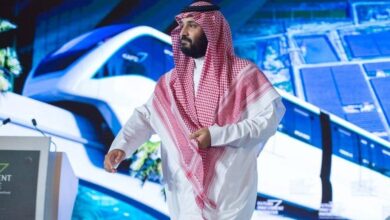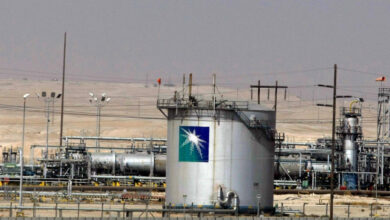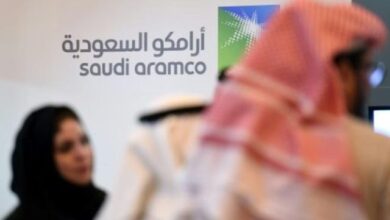Saudi Arabia invests nearly $4bn in Red Sea tourism project
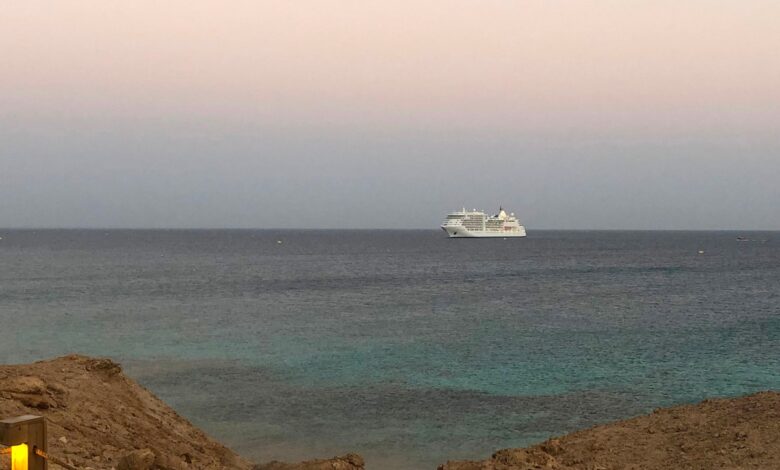
Saudi Arabia has invested $3.75 billion in its flagship tourism project, The Red Sea Development Co (TRSDC) which it says will provide 70,000 jobs.
The project’s Chief Executive, John Pagano, said discussions are underway with local and regional investors to involve them in building resorts, hotels and entertainment facilities in NEOM.
“This investment will make the Red Sea project the largest global tourist destination, whose facilities are fully operated using renewable energy, around the clock, therefore we will establish the largest battery storage facility in the world with a capacity of 1,000 megawatts per hour,” Pagano said, adding that he expects to receive the first delegation of guests by the end of 2022.
He explained that the project plans to have 16 hotels ready by the end of 2023, two more than initially planned in the first phase which would provide a total of 3,000 rooms across five islands and two inland resorts, and upon completion in 2030, there will be 50 hotels providing up to 8,000 hotel rooms, and about 13,000 residential properties across 22 islands and six locations on the mainland.
The tourism sector constitutes 3.4 per cent of Saudi Arabia GDP.
NEOM, which is part of the kingdom’s Vision 2030, is planned to be an eco-friendly and technologically-advanced city which would be open to business and investment from around the world. It has already received $500 billion in economic support from Saudi Arabia’s own Public Investment Fund, and will reportedly extend in its size into neighbouring Egypt and Jordan.
The project has been at the head of much controversy in recent months, however, as Saudi authorities have given notices to residents living in the area to leave and be relocated elsewhere with financial compensation. When some residents – particularly those who regard the area as their tribal ancestral land – refused. Security forces resorted to forcefully removing and arresting them.
Tensions were especially raised when one resident, a tribal leader named Abdul Rahim Al-Hwaiti, had his home broken into and was killed by Saudi security forces in April for refusing to leave. Before he was killed, he recorded a video exposing the forced expulsion and predicting his death. Following his death, his family was arrested.

